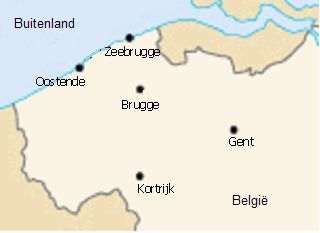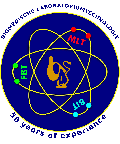
Pages
Institute of Cancer, Barts & The London School of Medicine, Queen Mary, University of London (QMUL)
Inflammatory bowel disease (IBD) is a complex, immunologically-mediated disease that comprises Crohn’s disease (CD) and ulcerative colitis (UC), and constitutes a major health burden in developed countries. Phosphoinositide 3-kinases (PI3K) are important drug targets in cancer and inflammation, and PI3K inhibitors are in clinical trials for these diseases. Nucleotide oligomerisation domain (NOD)2 is a pattern recognition receptor that recognises the bacterial peptidoglycan component muramyl dipeptide (MDP) and regulates innate immune defences at mucosal sites. NOD2 is the first susceptibility gene identified for CD, but the molecular mechanism regulating NOD2-mediated gut homeostasis is not well understood. Recently Dr. Aksoy’s group discovered that mice carrying an inactivating mutation in the kinase domain of p100δ isoform of PI3K spontaneously develop colitis in the presence of intestinal, opportunistic pathogens.
PI3K isoform p110δ is a lipid kinase that is highly expressed in leukocytes. The hypothesis is that the loss of p110δ PI3K enzymatic activity results in colitis in vivo and therefore may couple to NOD2 pathway to maintain gut immunity and health.
This study had two aims. The first aim is to delineate the impact of genetic or pharmacological loss of p110δ PI3K in NOD2-mediated gut inflammation/colitis in vivo. To achieve these results, in vivo studies were carried out using p110δ knock-in (KI) mice and wild type (WT) mice, which were treated with p110δ inhibitor. Using the real-time PCR technique, the expression of a number of bacterial species were examined. The gut microbiota following treatment with the inhibitor was carried out and the macroscopic analysis of the mouse colons were performed. In the in vivo study, using p110δ inhibitor, it was found that inhibition of p110δ predisposes mice to dextran sodium sulfate induced colitis, marked by shortened colons similar to the results observed by genetic inactivation of p110δ. The RT-PCR data from KI and WT drug-treated mice showed differences in the expression of several bacteria species in comparison to the WT control counterparts.
The second aim was to investigate the role and mechanism of action of p110δ PI3K in NOD2 signalling mediated by muramyl dipeptide (MDP) in cell-based system in phagocytes. The bone marrow-derived dendritic cells (BMDCs) from WT mice and KI mice were generated in vitro and then examined for their responses to MDP using western blotting. The data showed that MDP-NOD2 pathway induces activation of PI3K-Akt phosphorylation, which was abolished in p110δ PI3K deficient BMDCs. On the contrary, the stress pathway p38 activation was increased from p110δ KI DCs.
The data obtained in vitro and in vivo demonstrated that p110δ PI3K controls NOD2-mediated immune responses to bacterial peptide MDP and dampens inflammation. In vivo inactivation of p110δ PI3K predisposes mice to colitis due to uncontrolled growth of intestinal pathobionts and increased inflammation.
|
Tags: biotechnology human biology |
Address
|
4 Newark St, Whitechapel
London E1 2AT
United Kingdom |
Contacts
|
Traineeship supervisor
Prof. Bart Vanhaesebroeck
+44 207 882 8269 bart.vanh@qmul.ac.uk |
|
Traineeship supervisor
Dr. Ezra Aksoy
|

